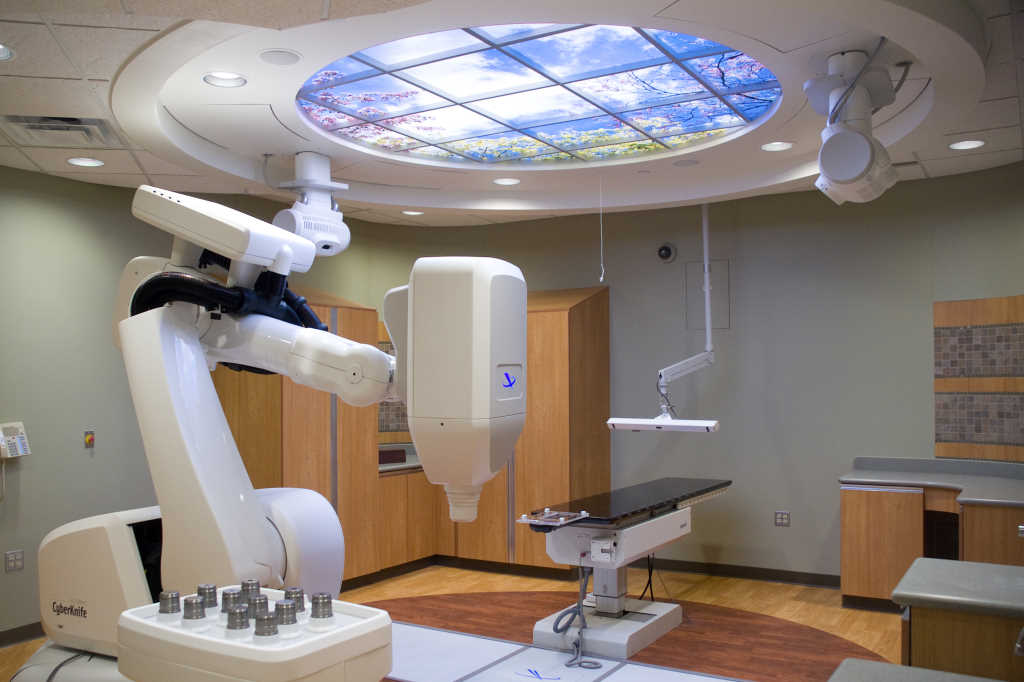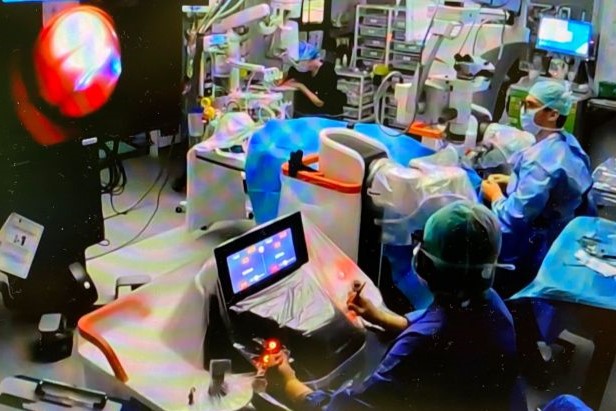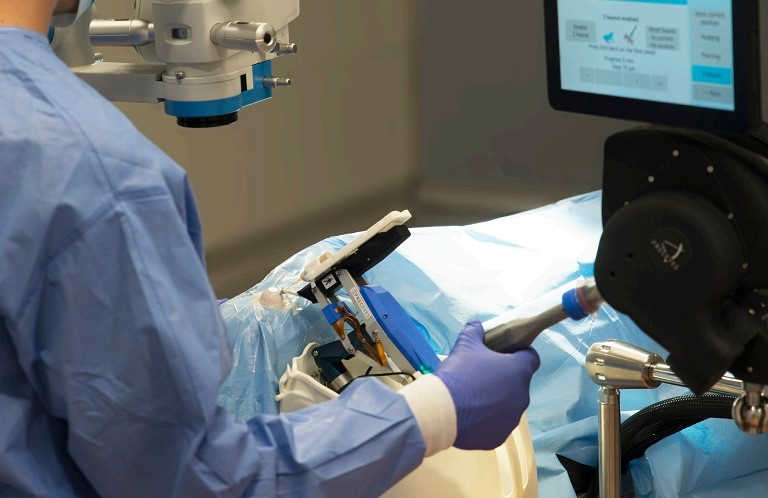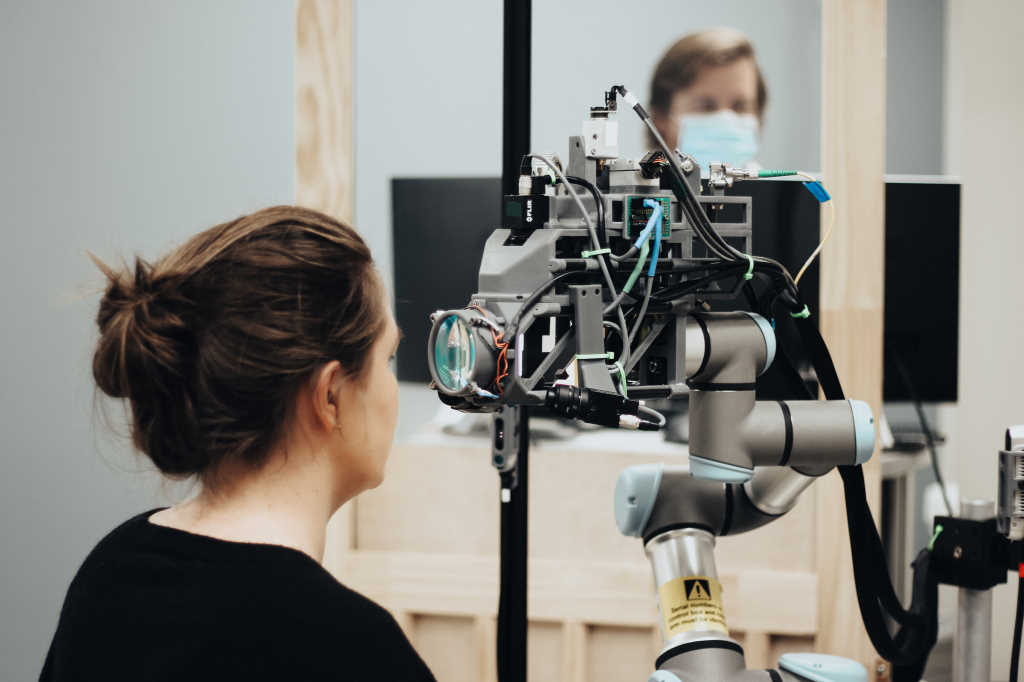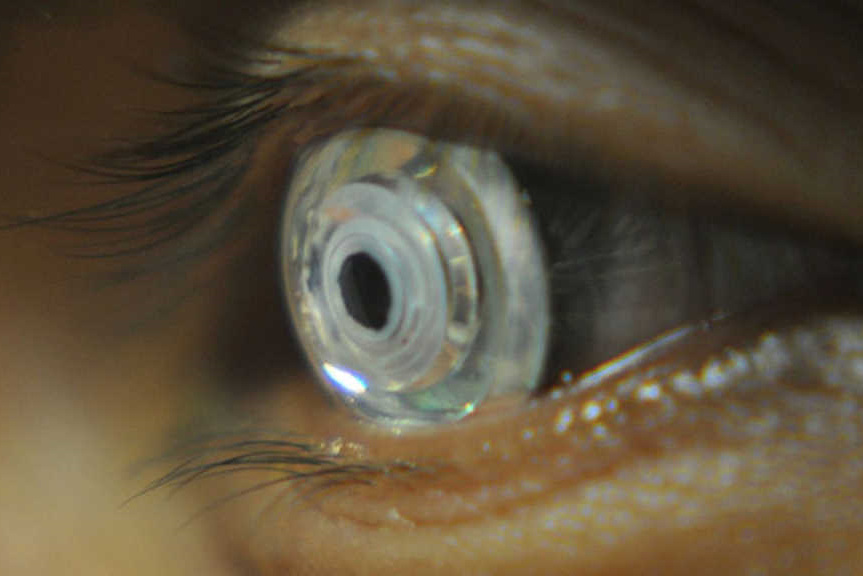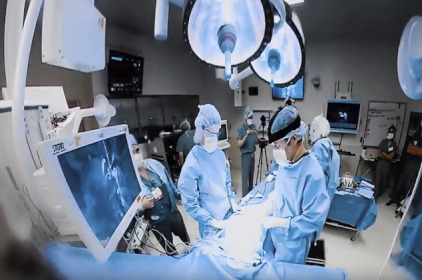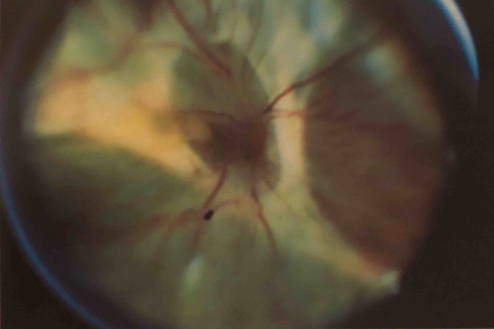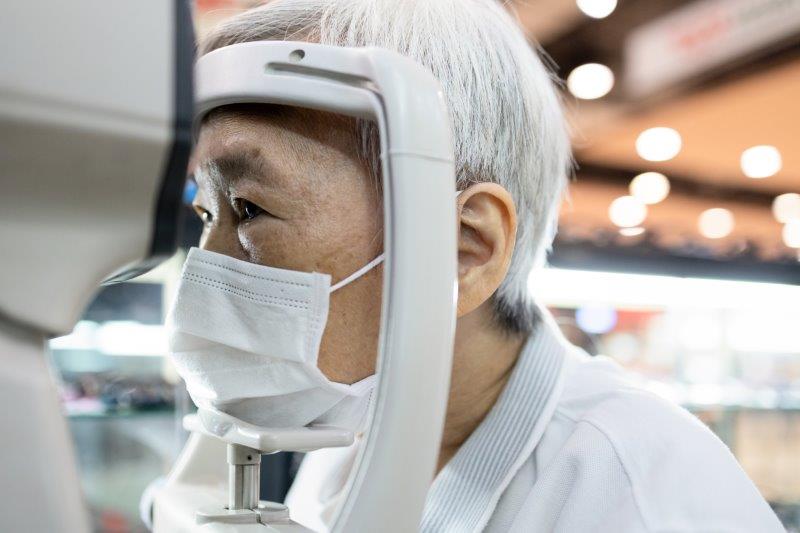Robotic radiotherapy deemed safe
Treating benign tumours with robotic fractionated radiotherapy near the optical pathway is safe and does not impact vision, despite minor changes in optic-nerve anatomy, according to the authors of a Polish study.
Led by Dr Michal Orski, Department of Ophthalmology, Ludwik Rydygier Memorial Specialized Hospital, authors said radiotherapy using the CyberKnife (CK) system is relatively new, with very few reports regarding its impact on the eye. The study’s 34 patients (68 eyes) had conditions including cavernous sinus meningioma, pituitary adenoma, meningioma of the anterior and middle cranial fossa, meningioma in the region close to optic chiasm, craniopharyngioma and meningioma of the orbit. All patients were irradiated using three fractions of 600-800 centigray and were followed-up for 24 months.
Discussing the anatomical effects of treatment, authors said retinal nerve fibre layer thinning might be related to the radiation effect or tumour compression. “The causal relation between low doses of radiation delivered to the cornea and the observed significant but slight decrease in endothelial cell density (ECD) is uncertain.” However, authors did not observe significant changes in best-corrected visual acuity, intraocular pressure, central corneal thickness, central macular thickness, visual field, visual-evoked potentials, or slit-lamp examination during follow-up.
According to its developers, CK detects any movement of the patient, automatically repositioning to ensure the tumour is always precisely targeted. This, plus simultaneous imaging, enables a substantial reduction in radiation delivered to healthy tissues, said Dr Orski’s team.
Auckland Radiation Oncology (ARO), based in the private hospital MercyAscot Epsom, began using CyberKnife in December last year.









